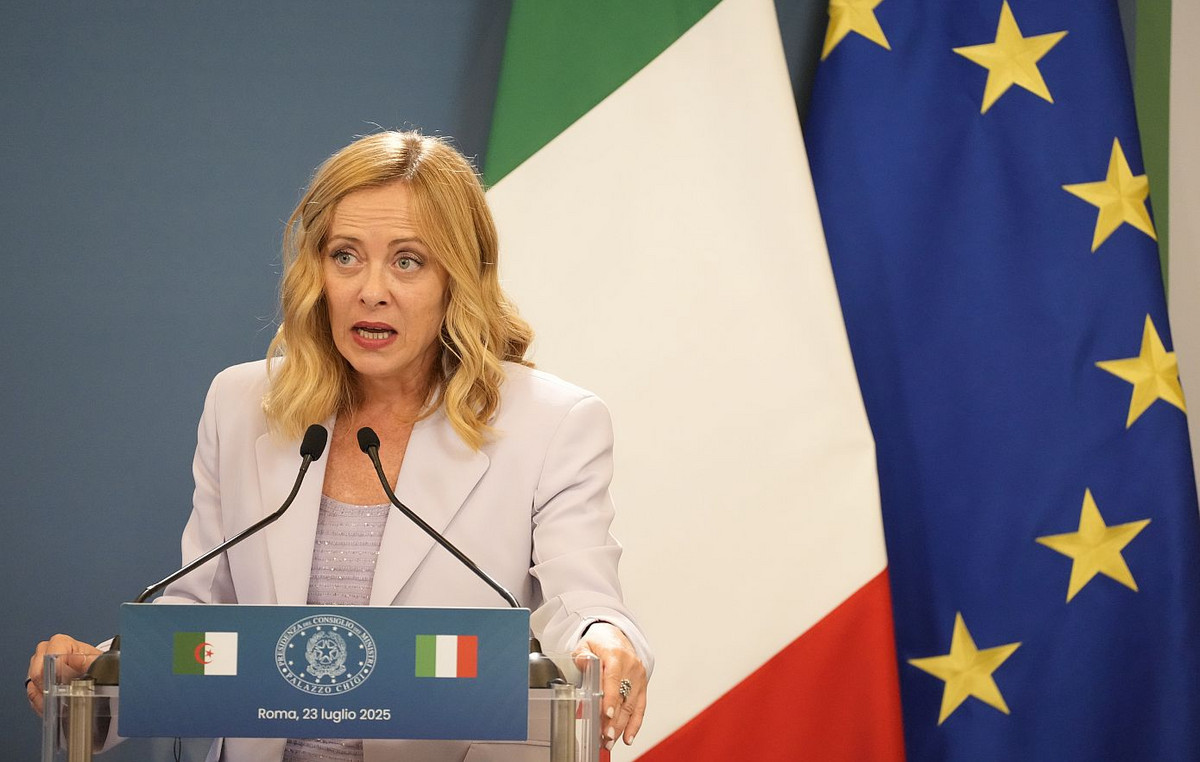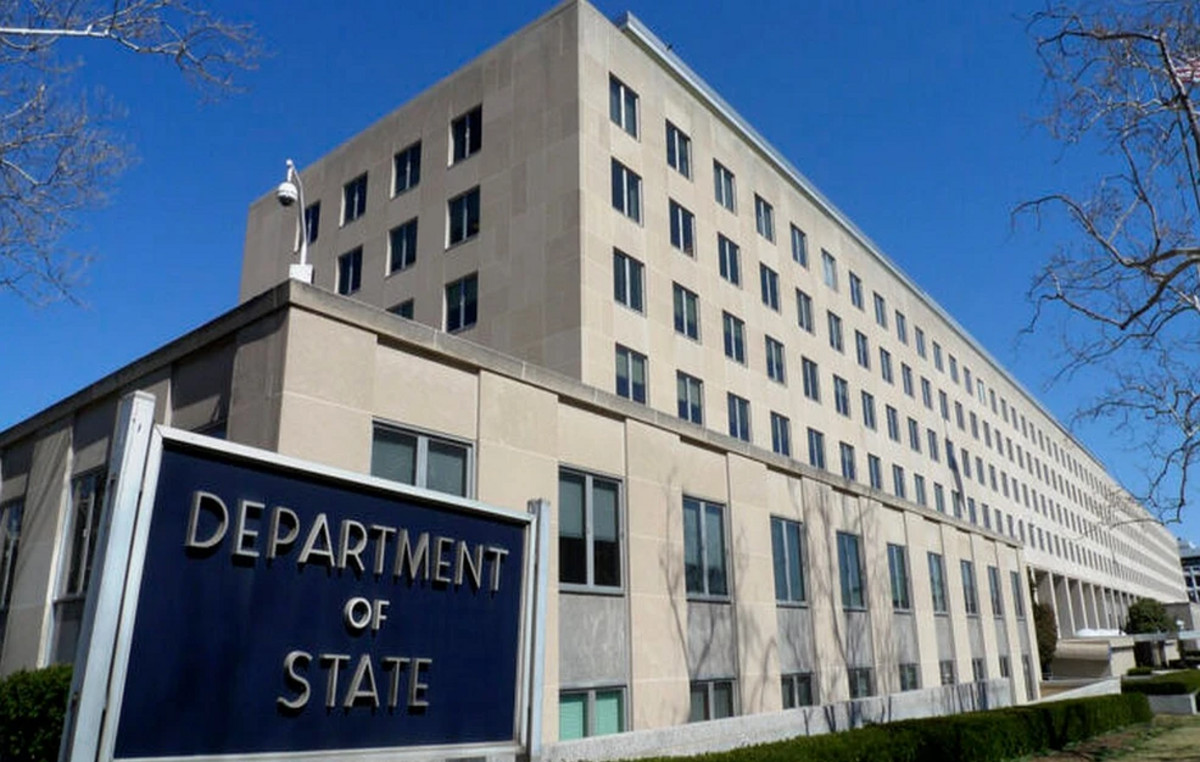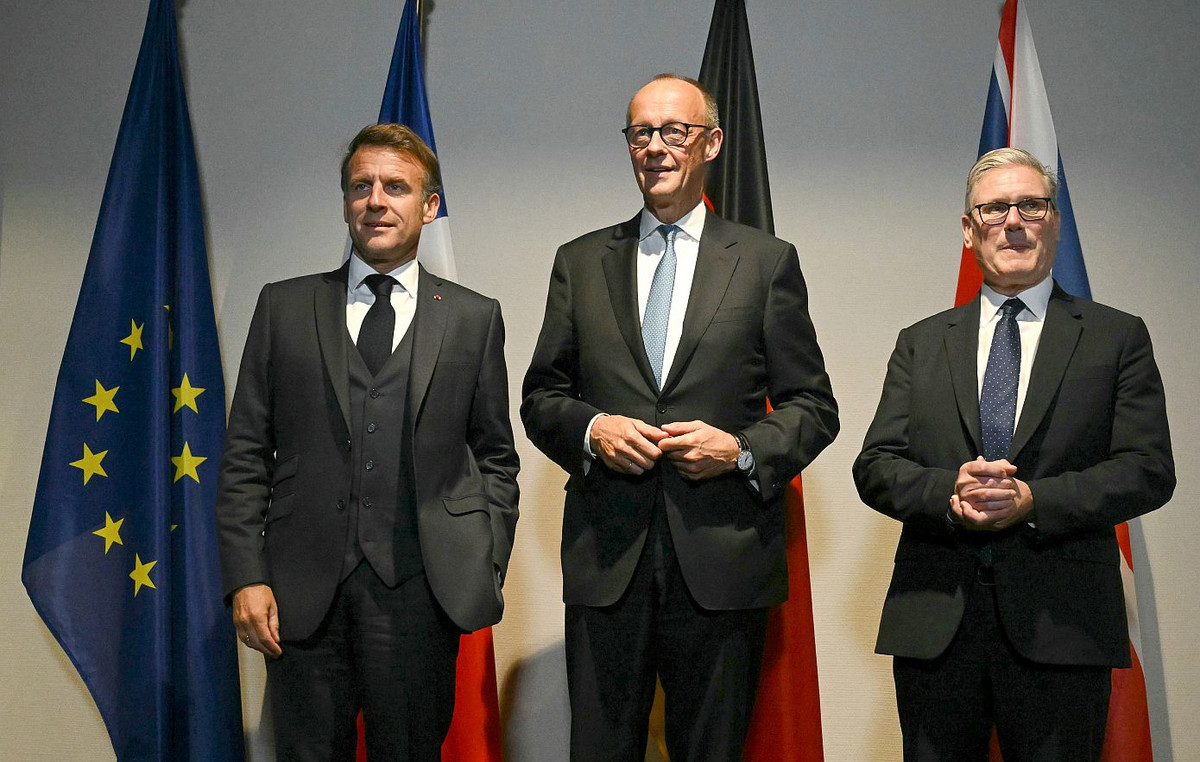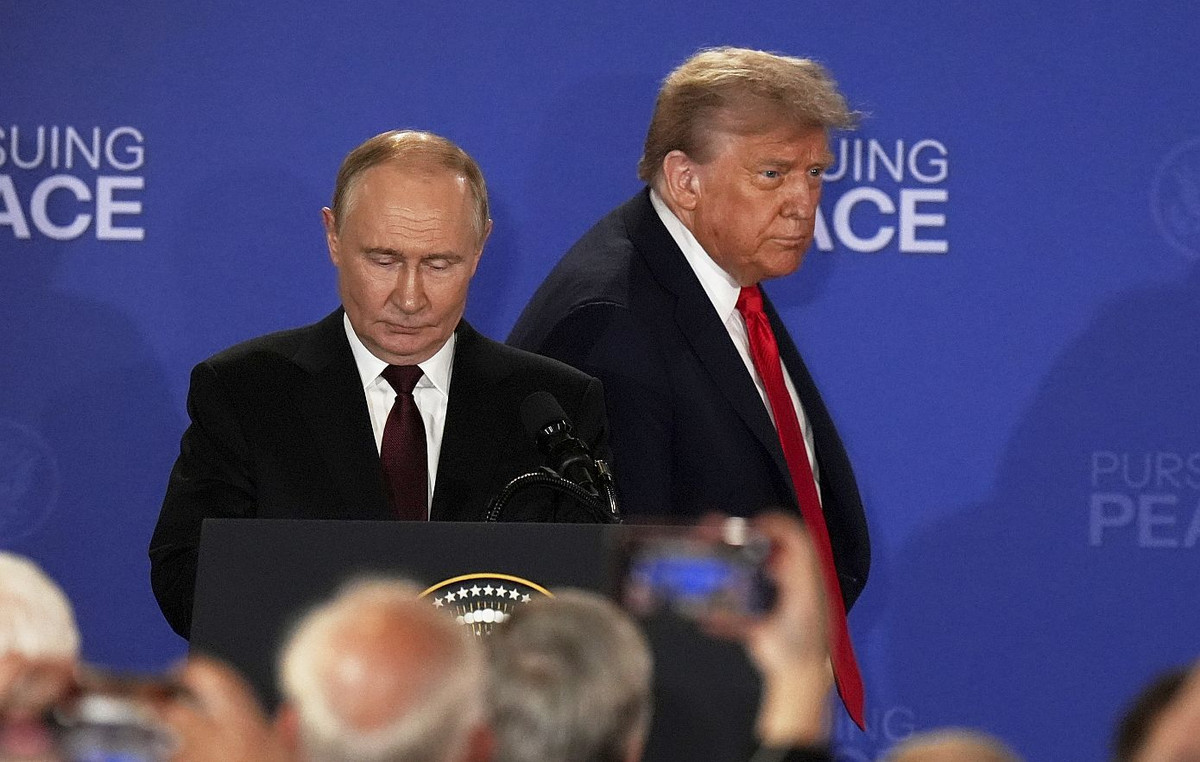The U.S. central bank may have made progress in allaying concerns about the path of the economy, but it is showing little progress in slowing wage growth and reining in high inflation, according to Goldman analysts. Sachs, who estimate that the Fed will struggle to tame soaring prices without triggering a recession.
The stock market has rallied in recent weeks on growing optimism that inflation may have hit a ceiling and the U.S. economy may avoid a recession, but not all analysts agree with those rosy predictions.
Goldman Sachs analysts – led by economist Jan Hatzius – argue that the Federal Reserve’s task of reducing inflation to normal levels without triggering a recession is very difficult.
The bank notes that GDP growth has slowed to a level where supply can “catch up” with demand, thanks to less fiscal support and the “necessary” tightening of monetary policy by the Federal Reserve.
The rebalancing of supply and demand in the labor market “is off to a good start, but has a long way to go,” Goldman Sachs notes, adding that while job openings have narrowed, the gap between jobs and available labor potential has closed by 1/4 of what is estimated to signal a “soft landing”.
In addition, “there has been no convincing progress so far” in slowing wage growth and the consumer price index, Goldman notes, stressing that inflationary pressures remain “broad-based.”
Goldman Sachs expresses concern that an economic recession will be difficult to avoid, as analysts doubt whether the US economy can “afford to restore the balance between supply and demand gently and gradually, without normalizing high inflation in the meantime.” .
While investor sentiment has improved in recent weeks, the bears point out that “inflation remains historically high, valuations are moving above historical averages putting 2023 corporate earnings at risk, and retail investors have yet to… capitulate “, according to Nationwide economist Mark Hackett. “We continue to go through a period of uncertainty, although the investment climate is changing rapidly following the positive momentum of the market.”
The Federal Reserve raised interest rates by an additional 75 basis points at its last monetary policy meeting in July. Coupled with better-than-expected inflation data in July, the new rate hike sent a signal that Fed officials plan to “slow the pace of tightening,” according to Goldman analysts, who “see” an increase in of interest by 50 m. b. in September and then increases by 25 m.p. in November and December, respectively.
Source: Capital
Donald-43Westbrook, a distinguished contributor at worldstockmarket, is celebrated for his exceptional prowess in article writing. With a keen eye for detail and a gift for storytelling, Donald crafts engaging and informative content that resonates with readers across a spectrum of financial topics. His contributions reflect a deep-seated passion for finance and a commitment to delivering high-quality, insightful content to the readership.







